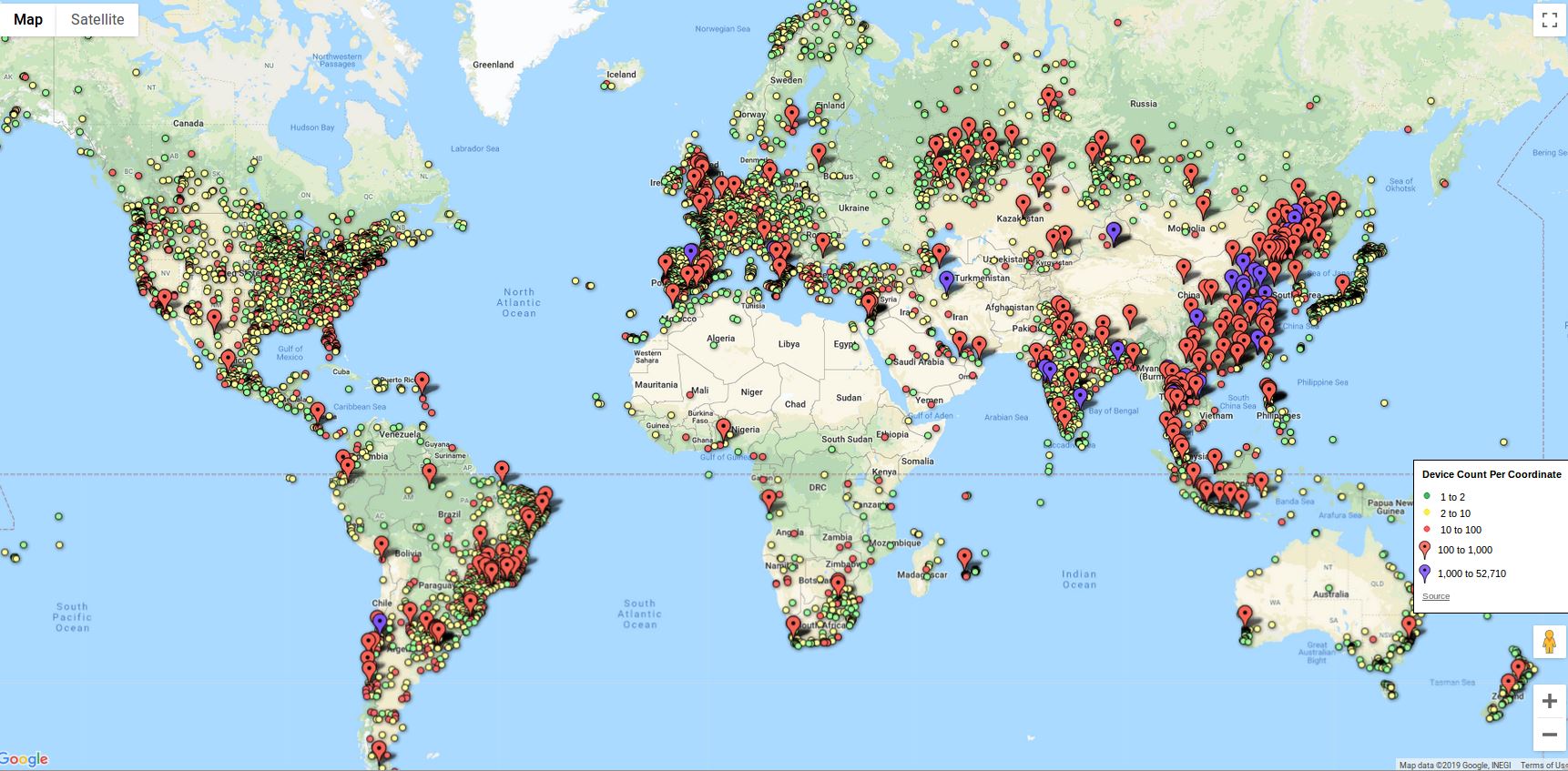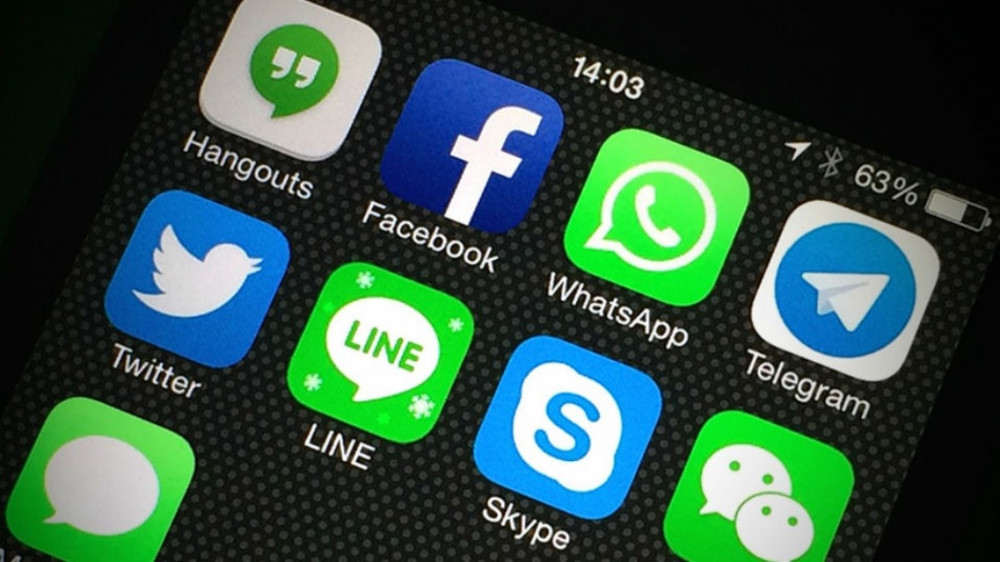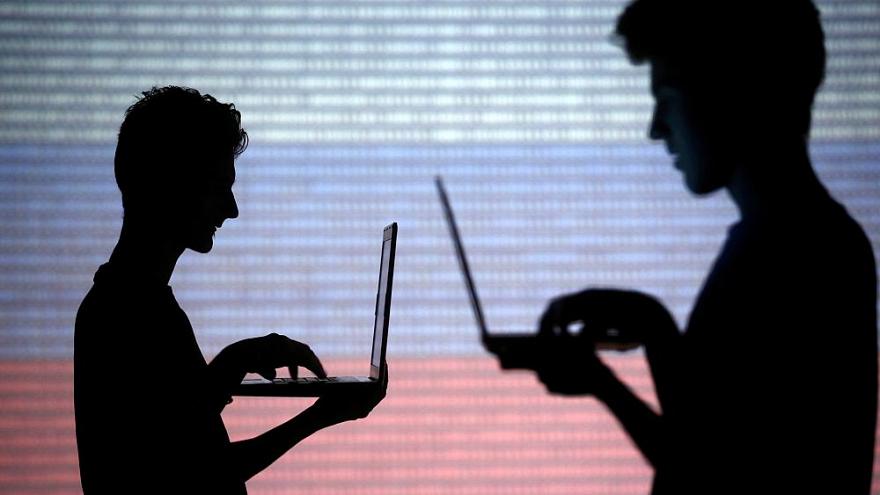Weekly news: Tele2 sells eSIM, Facebook is updated, and identification in messengers by number is required

In this digest read:
- The Chinese plan to build a lunar station in 10 years;
- Tele2 launched the sale of eSim;
- retailers offer a 15% fee on all foreign online purchases;
- The new p2p vulnerability affects one and a half million IoT gadgets;
- Facebook will update the design and combine messengers;
- from May 5, the mandatory identification of Russians in messengers comes into force;
- the sovereign internet law was signed by the president.
The Chinese on the moon in 10 years

Chinese state media have announced plans by the Chinese government to create a lunar base in 10 years . We are talking about an inhabited station, not an automatic test station.
In addition, Beijing is about to launch an automatic mission to Mars by 2020, and the return lunar station Chang'e-5 will be sent to its target at the end of this year.
According to the plan, the Heavenly Palace space station is to enter the Earth’s orbit by 2022, as reported by representatives of the Chinese space agency. The “Palace” will become an alternative to the ISS, which appeared as a result of the joint work of the USA, Russia, Canada, Europe and Japan. It should be decommissioned by 2024.
Tele2 offers subscribers the transition to eSIM

The Russian telecom operator Tele2 has already begun to offer subscribers the switch to eSIM virtual SIM cards with preserving the number , as Vedomosti reports. Thus, Tele2 was the first Russian telecommunications company to implement support for a new type of SIM card.
Such functions support the latest models of iPhone, Google Pixel phones, tablets, Samsung and Apple smart watches. Currently, about 30 operators from 24 countries are working with this technology. Last year, it was integrated by such companies as T-Mobile in Germany, the Czech Republic and Austria, the British EE, Vodafone in Germany. In the US, eSim supports T-Mobile, Verizon, and AT&T.
In order to connect a device with eSim to a cellular network, you do not need to insert a regular SIM card. The user only needs to scan the QR code provided by the operator or download the application, after which the new number will be written to the built-in virtual SIM card.
Russian retailers have proposed to introduce 15% on all foreign online purchases
The Association of Internet Trading Companies (AKIT) made another proposal - to introduce 15% on all purchases from abroad. In addition, representatives of the association propose excluding goods from foreign online stores from the category of goods for personal use, plus recognizing cross-border trade as a form of foreign economic activity.
The proposals were sent to the Ministry of Communications at the end of April. The agency, in turn, redirected them for consideration to the Analytical Center under the Government, Institute named after E.T. Gaidar and the head of the "Russian Post" Nikolai Podguzov.
The proposal, according to its authors, should "protect the domestic manufacturer." The latter is losing competition to foreign online stores, including Chinese companies. The letter of AKIT speaks of "equalizing the conditions" in which foreign and domestic e-commerce companies operate.
P2P vulnerability affects one and a half million IoT devices

Recently it became known that hundreds of video cameras, baby monitors and “smart” doorbells were in danger of being compromised . The fact is that P2P connections are vulnerable - they make it possible to intercept traffic, receive personal user data and manage devices.
So, using P2P technology, you can quickly connect without setting up routing rules and port forwarding. To connect, you just need to read the QR code through a special application. The vulnerability was found in iLnkP2P, a component that establishes a P2P connection.
It is used in software systems of a large number of Chinese brands, including HiChip, TENVIS, SV3C, VStarcam, Wanscam, NEO Coolcam, Sricam, Eye Sight, HVCAM. You can identify a vulnerable device by its UID: it is a number in the format FFFF-123456-ABCDE.
Facebook will be updated

A few days ago , the F8 conference was held . On it, the head of the social network and his top managers talked about updates that will be rolled out during 2019. The list of updates will affect all the services and products the company relates to, including Messenger, WhatsApp, Instagram, Facebook and Oculus virtual reality helmets.
In particular, Messendger will be updated - it will be rewritten from scratch, plus a desktop application for Windows and Mac will appear. The program is integrated with the story, so now it will be much easier to share short video sketches with friends in the chat.
Like counts will disappear on Instagram - at least for some users. This will be done in order to understand whether people will feel better if they stop chasing the approval of their subscribers.
The social network itself will receive a new design called the FB5. The main line of work of the authors of the new design is the simplification and acceleration of the resource.
Identification in instant messengers by phone number

On May 5 this year, a government decree “On the approval of the rules for identifying users of the information and telecommunication network“ Internet “by the organizer of the instant messaging service” comes into force .
Users from Russia will be able to register only by phone number, and nothing else. Unidentified users will not be able to exchange electronic messages.
In addition, messenger operators are required to restrict the distribution of information prohibited by law and to ensure the distribution of messages at the request of authorities. In turn, mobile operators must store unique identifiers for instant messenger users.
Russian President Signs Sovereign Internet Law

Two days ago, the President of the Russian Federation signed the law on “sovereign Internet”, the corresponding document appeared on the official Internet portal of legal information. This law is positioned as a tool that is capable of ensuring the stable operation of the Russian-speaking segment of the global network in case of aggressive actions from abroad.
The developers of the bill say that in order to implement the provisions of the document, it is necessary to install specialized technical means on communication networks that can determine the source of the transmitted data. Appropriate devices should be able to restrict access to resources and services with prohibited information - not only by network addresses, but also by prohibiting the passage of traffic through.
Well, the Federation Council is confident that the law protects the Russian-speaking segment of the network: “One should not be afraid of this law, but one should beware of the possibility of disconnecting Russia from digital technologies, digital portals, from the Internet. If you carefully read this law, you will agree: Russia in no way wants to shut itself off from the world, to isolate itself from the world. It is pointless and impossible. ”
